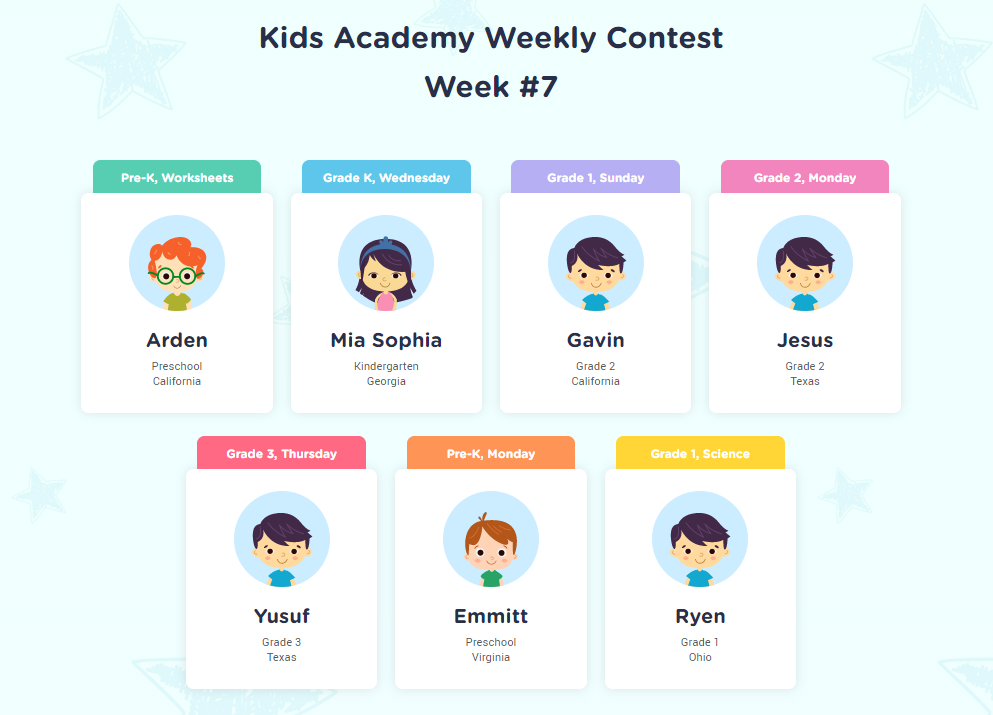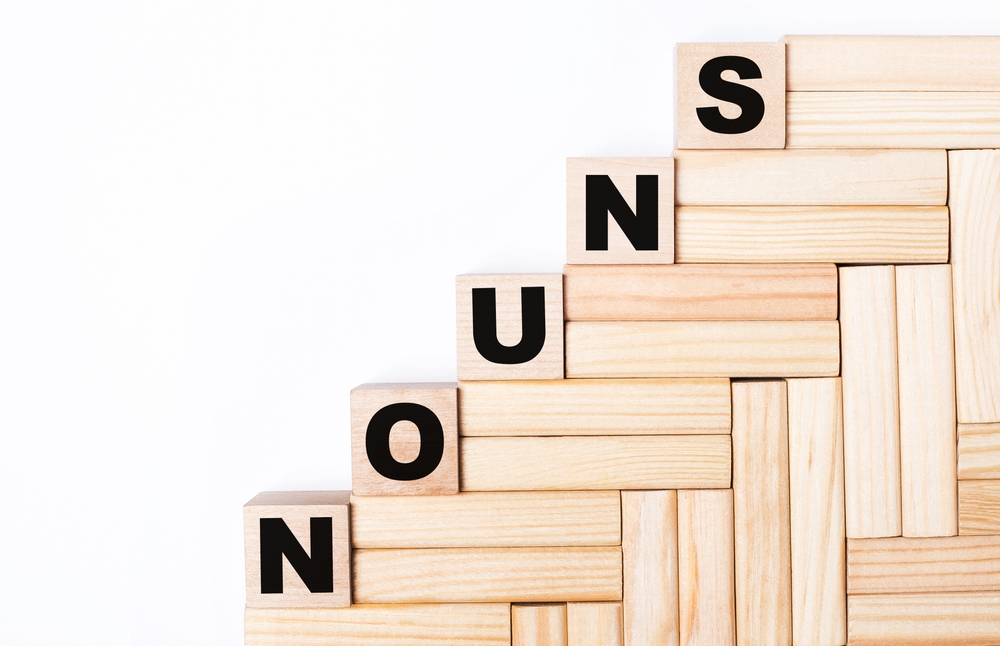Letter "R" familiarity Worksheets for Kids
1 filtered results
-
From - To


Letter R Tracing Page
Question/Answer
How does the mastery of the Letter "R" familiarity skill affect a student's performance at an early age?
The mastery of the Letter "R" familiarity skill at an early age significantly boosts a student's reading and pronunciation capabilities. It helps in the development of accurate phonemic awareness and phonics skills, crucial for reading fluency and comprehension. Early mastery also enhances spelling and vocabulary, contributing positively to overall academic performance and confidence in language arts.
What are some effective activities to train students’ Letter "R" familiarity skill when teaching them about ABC Order?
Effective activities to train students' Letter "R" familiarity skill in ABC Order include creating "R" letter hunts, sorting objects that start with "R" from those that don't, making "R" crafts, playing "R" letter sound games, and engaging in matching games where students pair words starting with "R" to corresponding images. Interactive alphabet books focusing on "R" also enhance learning.
Why is the Letter "R" familiarity skill important for Kindergarten students?
The Letter "R" familiarity skill is important for Kindergarten students because it lays the foundation for reading and spelling. Recognizing and pronouncing the "R" sound helps in developing phonemic awareness, which is crucial for word formation and decoding skills. Early mastery of this skill aids in boosting reading confidence and literacy development.
 Assign to the classroom
Assign to the classroom












